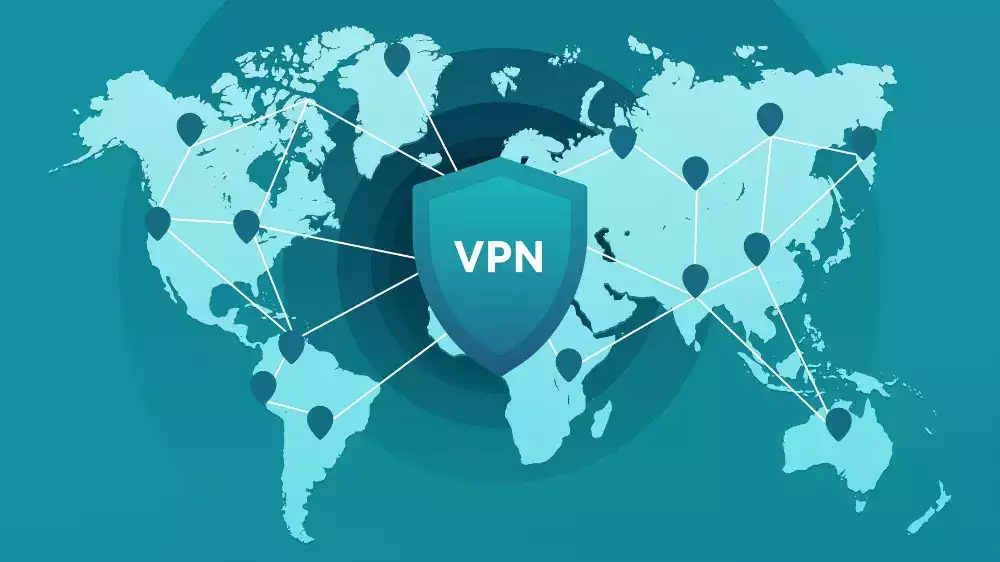1. Introduction
The dark web is a mysterious and intriguing part of the internet that exists beyond the familiar surface web. Unlike regular search engines like Google or Bing, the dark web operates on encrypted networks, providing anonymity and privacy to its users. Let’s delve into this hidden realm and explore its secrets.
What Is the Dark Web?
The dark web refers to websites and services that are intentionally hidden from traditional search engines. It operates on overlay networks like Tor (The Onion Router), which anonymize users’ connections by routing them through multiple servers. While the surface web contains publicly accessible websites, the dark web hosts hidden services, forums, marketplaces, and more.
2. Understanding the Basics
Tor and Onion Routing
- Tor: Tor is the gateway to the dark web. It disguises your IP address by bouncing your internet traffic through a series of volunteer-operated servers (nodes) before reaching its destination.
- Onion Routing: This technique layers encryption like an onion, ensuring that each server only knows about the previous and next nodes in the chain. The final node decrypts the data and sends it to the intended website.
3. Setting Up Tor
Downloading and Installing the Tor Browser
- Visit the official Tor Project website and download the Tor Browser for your operating system (Windows, macOS, or Linux).
- Install the browser following the instructions provided.
- Launch the Tor Browser.
4. Navigating the Dark Web
Accessing .onion Websites
- Open the Tor Browser.
- Type an “.onion” URL into the address bar (e.g., “http://paradox-avi.onion”).
- Explore hidden services, forums, and resources.
- Remember that not all .onion sites are illegal; many provide valuable information and services.
Caution and Security Measures
- Stay Anonymous: Avoid revealing personal information or using your real name.
- Avoid Illegal Activities: While the dark web isn’t inherently illegal, some sites host illegal content. Be cautious and steer clear of anything unlawful.
- Use HTTPS: Look for HTTPS in the address bar to ensure encrypted communication.
- Regularly Update Tor: Keep your Tor Browser updated to patch security vulnerabilities.
5. Exploring Darknet Markets
Popular Darknet Marketplaces
- Silk Road: One of the earliest and most infamous darknet markets, Silk Road facilitated the sale of drugs, counterfeit money, and other illicit goods.
- AlphaBay: AlphaBay was another major marketplace until it was shut down by law enforcement in 2017.
- Dream Market: Dream Market offered a wide range of products, legal and illegal, before its closure.
Risks and Ethical Considerations
- Legal Risks: Engaging in illegal activities on the dark web can have serious legal consequences.
- Scams: Beware of scams, fake listings, and phishing sites.
- Ethical Dilemmas: Consider the ethical implications of supporting illegal markets.
6. Staying Safe
Privacy Tips
- Use VPNs: Combine Tor with a reputable VPN for an extra layer of privacy.
- Avoid Personal Details: Don’t share personal information or use your regular email address.
- Secure Your Device: Keep your operating system and security software up to date.
Avoiding Scams and Illegal Activities
- Trust No One: Verify sources and avoid suspicious links.
- Cryptocurrency Security: If making transactions, use privacy-focused cryptocurrencies like Monero.
7. Conclusion
Exploring the dark web can be both fascinating and risky. Remember to tread carefully, respect the law, and maintain your privacy. Responsible exploration can lead to a deeper understanding of the internet’s hidden corners. Happy browsing!



